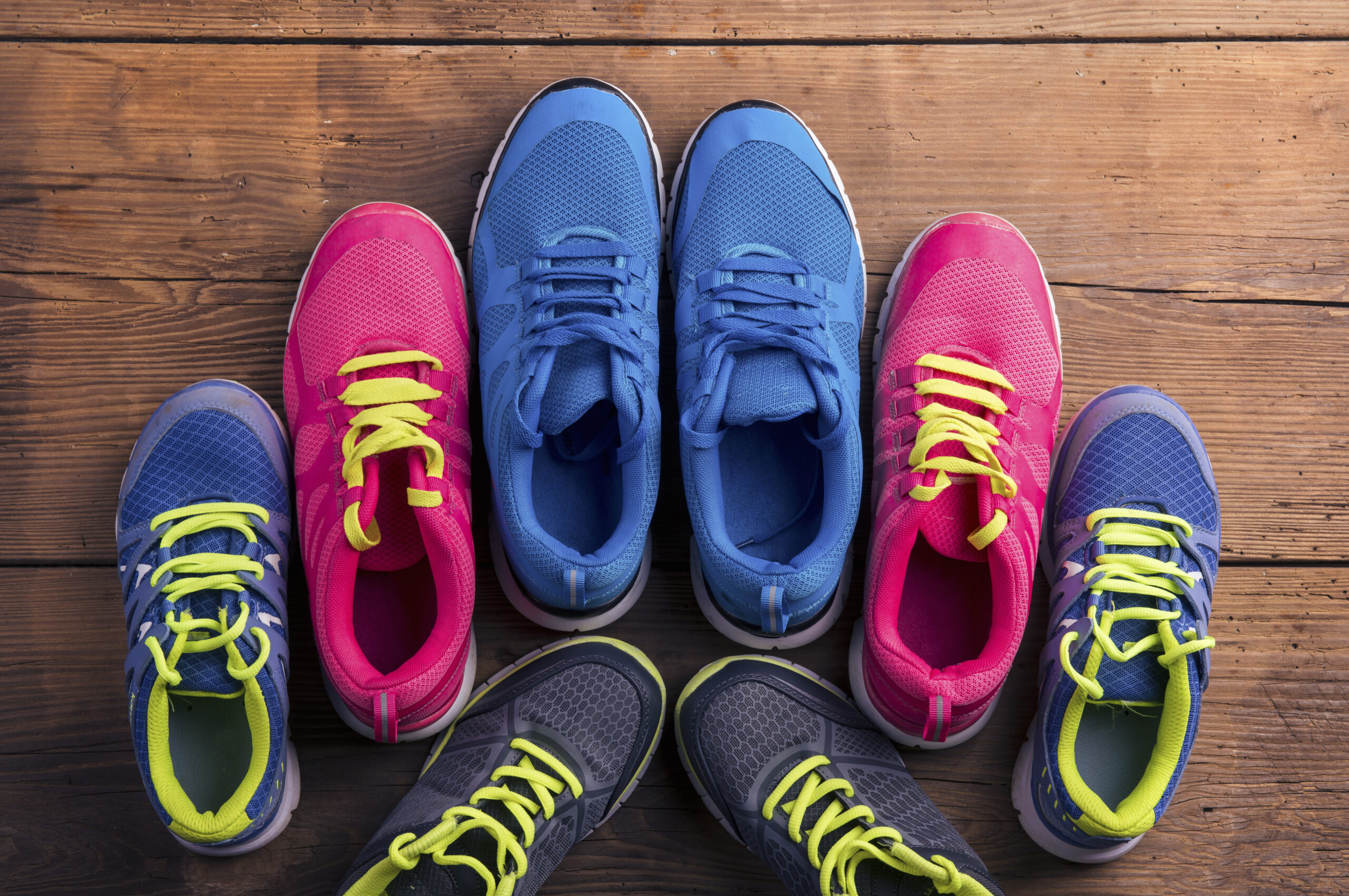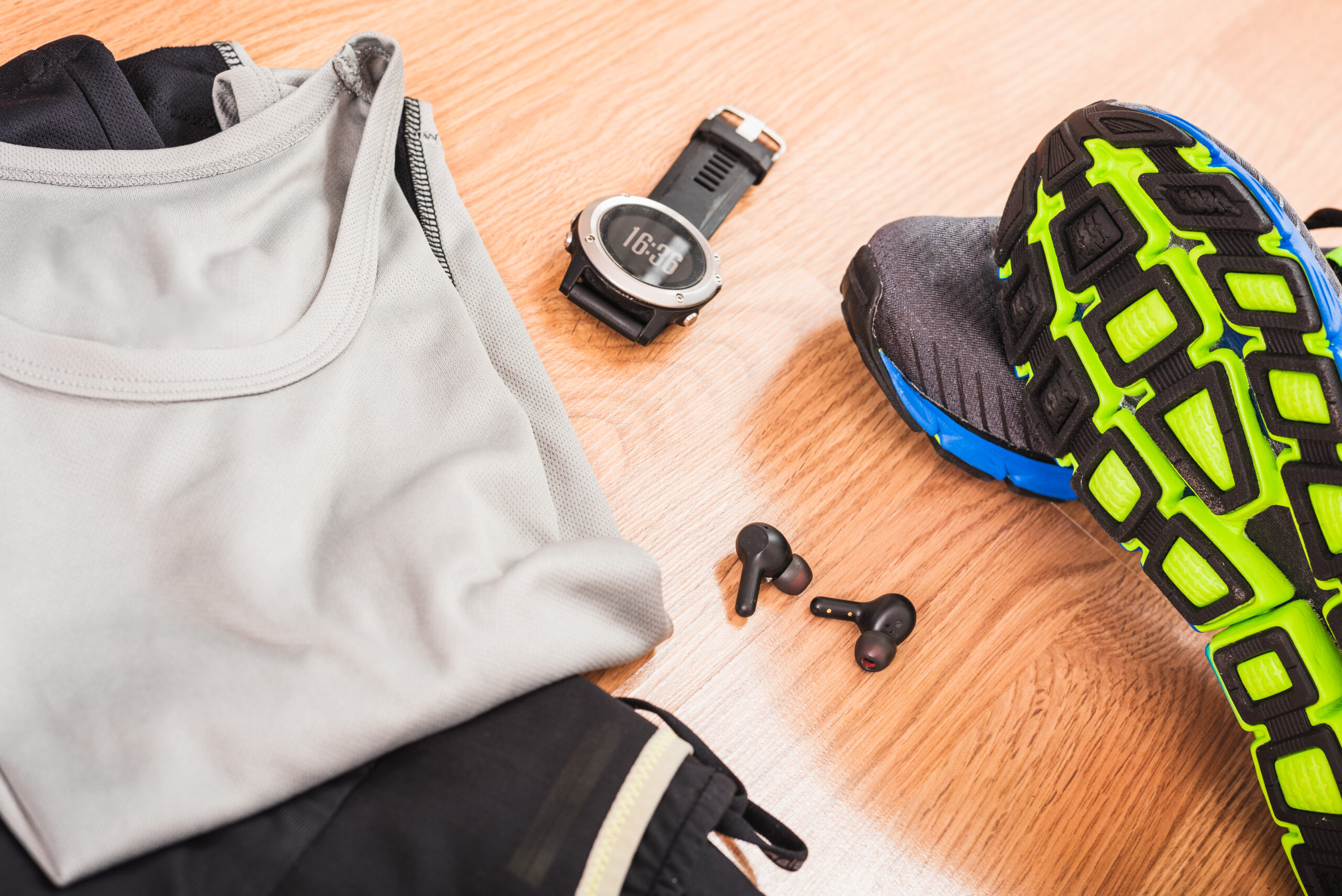
How Long Do Running Shoes Last?
Running shoes are an essential part of any runner’s wardrobe, and they come in a range of styles, shapes, and sizes. Running shoes provide the much-needed support and cushioning that our feet need when we go on a jog or hit the pavement. But, how long do running shoes last? Is it possible to wear a pair of running shoes until they wear out, or is there an expiry date on them? This blog post delves into the lifespan of running shoes and what factors contribute to their longevity or lack thereof.
1) The type of runner you are:
Runners can be classified into three categories: light, moderate, or heavy. Light runners may only go out for short, light jogs, while moderate runners will hit the pavement regularly, and heavy runners will run daily and often long distances. The type of runner you are will contribute to how long your shoes last. Someone who is a heavy runner may need to replace their shoes every three to six months, while a light runner may be able to wear the same shoes for up to a year.
[optin-monster slug=”u9ogigt36k4zbwkxi5az” followrules=”true”]
2) The type of surface you run on:
The surface you run on can also contribute to the longevity of your shoes. If you run on concrete regularly, you will wear out your shoes much faster than if you run on a treadmill or an indoor track. Trail runners will also need to replace their shoes more frequently because of the uneven terrain and rocks they encounter. If you’re a runner who loves exploring new trails, expect to go through shoes faster than someone who sticks to pavement or a treadmill.
3) The quality of your shoes:
Higher quality shoes may cost more initially, but they will last longer and give you more miles than a cheaper shoe. When you’re shopping for running shoes, it’s essential to invest in a quality pair that will provide the support you need, but it’s also important to pay attention to the materials used in the shoe as this will determine how long they last. A well-made shoe made with high-quality materials will last longer than a poorly made shoe that was made with cheap materials.
4) Your individual footstrike and body mechanics:
Our bodies are all different, and the way we run, and wear down shoes differently. Certain foot-strike patterns can wear shoes down faster, causing the soles to flatten out more quickly. Additionally, if you’re prone to overpronation or under pronation, you’re putting more wear and tear on your shoes’ inner and outer edges, which can lead to premature wear and tear.
5) Signs that it’s time to replace your shoes:
There are a few signs you can look out for when deciding if it’s time to replace your shoes. Are you experiencing more aches and pains than usual after your runs? Has the cushioning in the soles flattened out significantly? If the soles of your shoes are starting to crease or are visibly worn out, it’s time to replace them.
In conclusion, how long your running shoes last will depend on various factors, including the type of runner you are, the surface you run on, the quality of your shoes, and your individual foot mechanics. However, there are signs to look out for to determine when it’s time to replace your shoes. Investing in a high-quality running shoe may cost more upfront, but it will give you more miles and save you money in the long run. So, if you want to get the most out of your shoes, pay attention to the signs and treat them with care.






